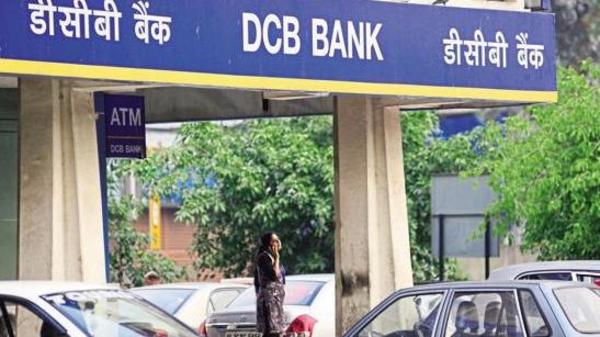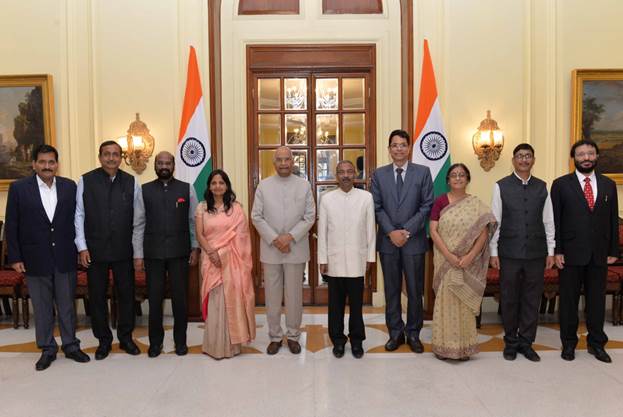DCB Bank and WWF-India have announced a strategic partnership to conserve the endangered Indus River Dolphin in the Beas Conservation Reserve, Punjab. In collaboration with the Department of Forests and Wildlife Preservation, Government of Punjab, the initiative will focus on education, awareness, and community-led conservation to ensure the long-term survival of the species and its habitat.
Key Highlights:
Community Involvement:
Local institutions and farmers living along the Beas River will play a leading role in conservation, including reducing water, chemical fertilizers, and pesticide use in agriculture.
Educational Outreach:
WWF-India will roll out its Water School Programme in 30 schools across four districts, educating students on natural resource conservation.
Beas Mitras Initiative:
A community awareness campaign will be launched to engage local populations and advocate for dolphin and river ecosystem conservation.
Scientific Monitoring:
Monthly dolphin surveys and a long-term Indus River Dolphin Conservation Strategy will be developed in partnership with government authorities.
Statements from Leadership:
Murali Natarajan, Managing Director & CEO, DCB Bank:
"Our partnership with WWF-India is aimed at protecting one of the world's most endangered aquatic mammals. Through habitat preservation and awareness, we hope to create a thriving ecosystem in the River Beas."
Ravi Singh, Secretary-General & CEO, WWF-India:
"This partnership will significantly boost efforts to protect the Indus River Dolphin. Local community involvement remains at the heart of our conservation strategy."
Background:
The Indus River Dolphin, a sub-species of the South Asian River Dolphin, is found only in the Indus River system, with the River Beas being its sole Indian habitat.
Listed as endangered by the IUCN, the species is a critical indicator of healthy freshwater ecosystems.
WWF-India has been actively involved in conservation efforts in the Harike Wetland since 2007, with significant dolphin surveys conducted in 2007 and 2018.


.jpg)